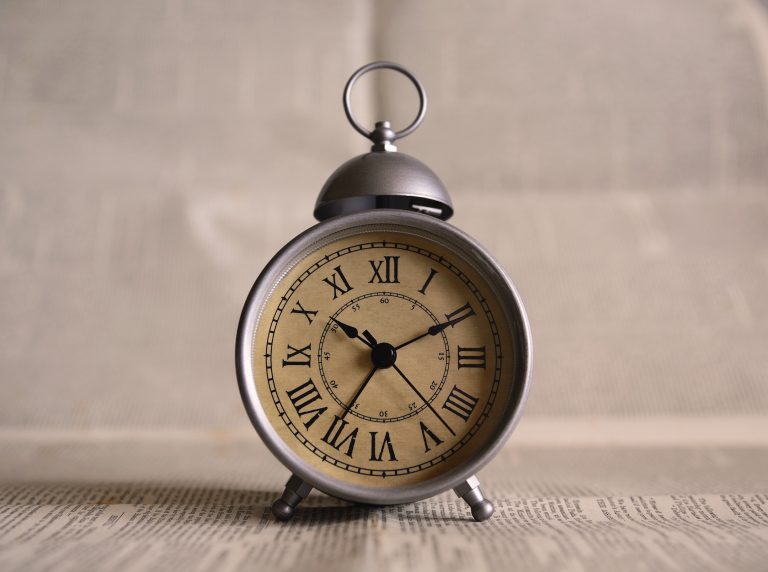Time flies by when you’re having fun! But what about when you are sorting through endless paperwork? Or doing the dishes? How does time pass when you’re not having fun?
In this experience sampling study, researchers investigated how our awareness of the passage of time is related to how we judge time durations. Passage of time judgment (PoTJ) is assessed by asking participants how they feel time is passing compared to the clock. On the other hand, judgment of stimulus durations (DJ) is assessed by asking participants to estimate a specific amount of time. This study analyzed whether PoTJ was related to DJ and whether or not affective states and focus of attention on current activities had any impact on those variables.
For this ESM study, the researchers designed two very similar experiments. The first experiment consisted of 15 participants who responded to surveys on smartphones 8 times a day for 5 consecutive weekdays. They had to answer questions and perform tasks related to:
- Judging how long 4 different auditory stimulus were, between 3 – 33 seconds
- Producing a sound for durations of 3, 5, and 7 seconds long
- Answering how they felt time was passing compared to the time of the clock
- Answering how they felt at the time of the alert
- Describing the difficulty of their current activity and whether it captured their attention
The second experiment consisted of 30 participants who also responded to questions and tasks via smartphone, such as:
- Judging the temporal interval between two sounds, from 1 – 16 minutes
- Producing a sound after a random interval between 2-8 minutes had passed
- Answering how they felt time was passing compared to the time of the clock
- Answering how they felt at the time of the alert
- Describing the difficulty of their current activity and whether it captured their attention
After compiling all of the PoTJ and DJ data, the researchers found that there was no significant relation between the PoTJ and DJ data from the first experiment with shorter time durations. However, there was a significant relation between PoTJ and DJ data in Experiment 2 that utilized longer durations of several minutes. Participants tended to shorten their estimated interval durations when they experienced a speeding up of the passage of time.
Regarding emotion and affective states, participants did experience a speeding up of the passage of time when they were happier and more excited, but a slowing of the passage of time when they were more relaxed and saddened. This held true for both experiments. Furthermore, Experiment 2 also showed a correlation between the difficulty and attention required by the current activity and the PoTJ.
This experiment suggests that there are differences between temporal memory (used to process durations of several minutes) and your internal clock (used to process short durations). Longer time durations highlighted the connection between time and memory, and more studies regarding the memory process are needed to fully understand the connection between PoTJ and DJ.
Droit-Volet, S., Trahanias, P., & Maniadakis, M. (2017). Passage of time judgments in everyday life are not related to duration judgments except for long durations of several minutes. Acta Psychologica, 173, 116-121.
